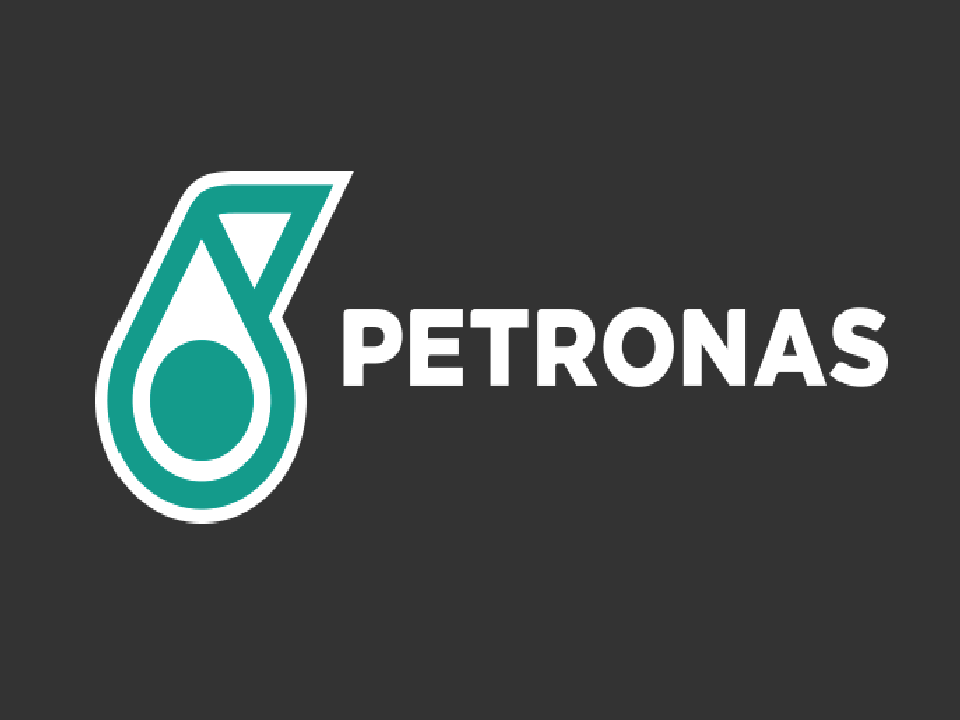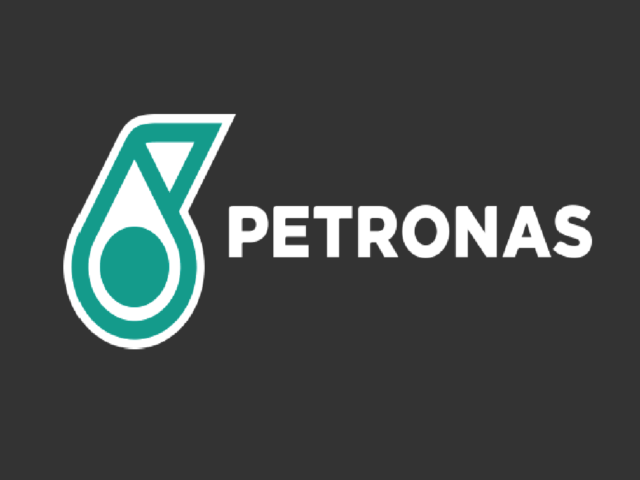
Petroliam Nasional Bhd (PETRONAS) has delivered its first carbon-neutral liquefied natural gas (LNG) cargo to Shikoku Electric Power Co on August 17. According to the statement by PETRONAS, the cargo was delivered from the PETRONAS LNG Complex (PLC) in Bintulu to the Sakaide LNG terminal in Shikoku Island, Japan.
The company has offset the estimated life cycle carbon footprint of the LNG cargo through renewable-based carbon credits from upstream gas exploration and production, transportation, liquefaction, and shipping of the cargo.
The carbon credit was certified through a rigorous verification process under the Verified Carbon Standard program. It is a globally recognised program adopted by energy players and producers.
PETRONAS President and Group Chief Executive Officer, Tengku Muhammad Taufik said,
“Reflecting our support of the energy transition and in line with our Statement of Purpose, PETRONAS will continue diversifying our products and offerings to the market, while transforming ourselves to be a cleaner and more sustainable energy provider.”
He added that he is grateful to have collaborated with Shikoku Electric on the first carbon-neutral LNG delivery as it coincides with the date of PETRONAS 47th anniversary.
In the LNG industry, carbon-neutral LNG is a catalyst to further greater carbon commitments, with a growing number of LNG consumers seeking ways to reduce their carbon footprint.
As an integrated energy player, PETRONAS actively seeks collaborations with buyers and end-users to achieve their sustainability goals.
Meanwhile, Shikoku Electric president Keisuke Nagai said the company has had a good relationship with PETRONAS for the past 15 years.
They are delighted for PETRONAS for embarking on a journey that signifies the LNG industry’s transition towards a more sustainable future, he said.
Additionally, the national oil corporation said it is also reducing its carbon footprint through its LNG gas value chain. The carbon reduction efforts include powering the PLC with 90MW of hydroelectricity, conducting flare recovery, carbon capture and storage from offshore gas fields, among others, said Petronas.










